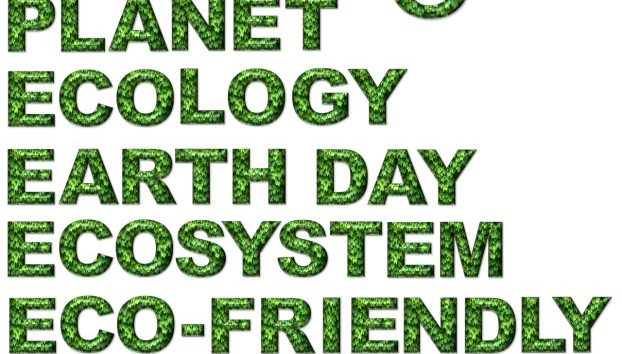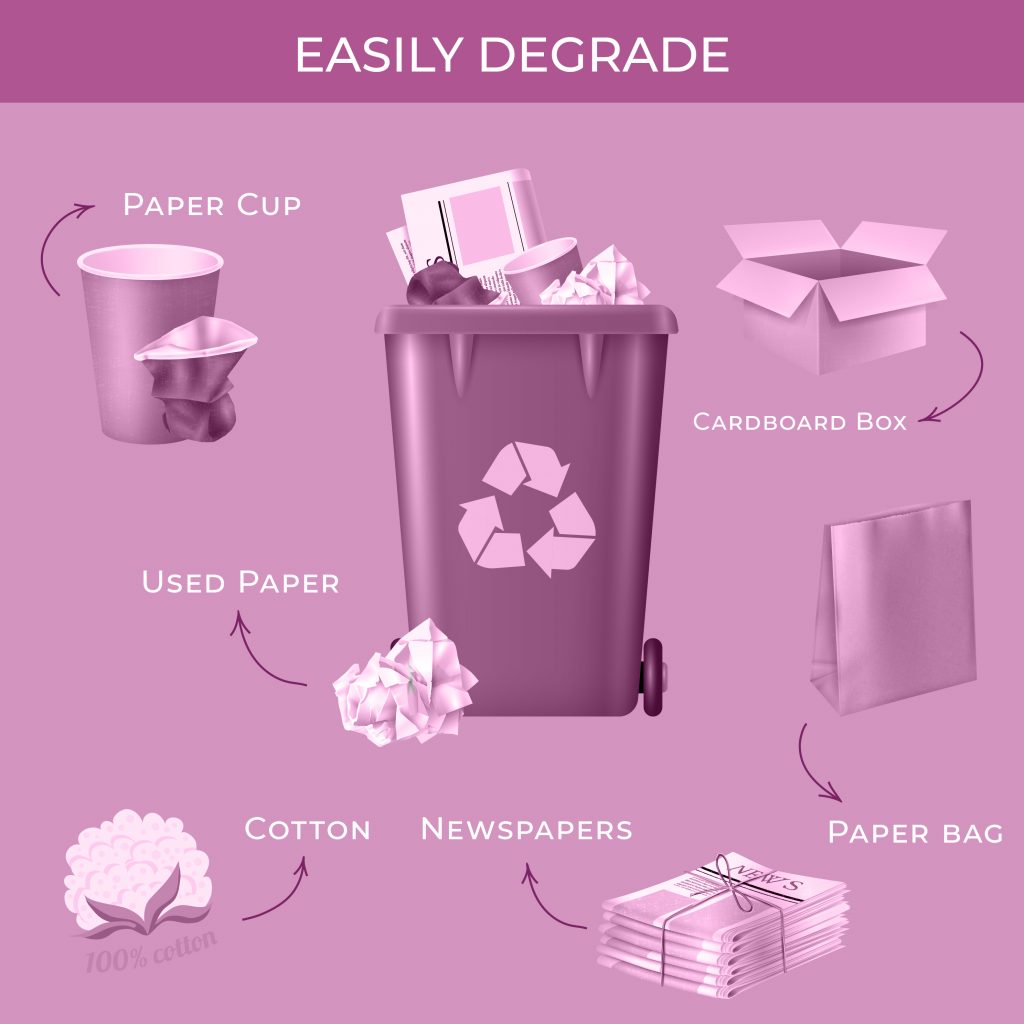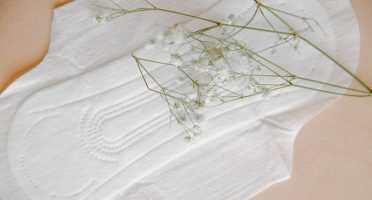Are You Being Fooled Into Buying Biodegradable Products?
Many companies that deal in Organic products use biodegradable packaging for their products or they try and produce organic biodegradable products, but the products will not be as biodegradable as the customer purchasing the product may think.

Many companies that deal in organic products use biodegradable packaging for their products or they try and produce organic biodegradable products, but the products are not as biodegradable as the customer purchasing the product may think.
If you’re looking into starting an environmentally sustainable enterprise or planning on switching into an eco-friendly lifestyle, you’ll have to put together your thoughts on whether your products and/or packaging are biodegradable. For such a regularly used term, though, there is a lot of misconception about what it actually means.
What does it mean for anything to be classified as biodegradable? In rudimentary terms, the definition is very simple and understandable: If a thing is biodegradable, given the right, optimal conditions and the presence of microorganisms or bacteria, they will over time break down to its basic core components and blend itself together with the earth. This is the case mostly, but not always, these substances dont degrade without leaving any trace of toxins behind.
Let’s take an example, when a plant-based product may break down into CO2, water, and many other naturally occurring minerals, the substance is made to seamlessly mix back into our mother earth, leaving no toxins behind, now that is when we are talking about an ideal optimal eco-friendly situation. Unfortunately many materials, even the ones that have worked their way to the biodegradable label—do degrade and break down in a much more harmful manner, leaving chemicals and many other damaging substances integrated in the soil.
In terms of benefits for the planet, the most effective biodegradable material will break down at a much more rapid rate, rather than taking years. It basically leaves nothing harmful behind saving space taken up by landfills. Unfortunately, not everything that’s advertised as “biodegradable” meets these criteria. If you’re going to run a green business, you should know how to make sure the materials you use are safely and efficiently biodegradable, as well as accurately labeled.
Biodegradable Materials?
There are some items that are 100% biodegradable. At the forefront of it all is food scrap & wood that has not been treated and tested with chemicals to hold back bugs and rot. There are many other items, like paper, also biodegrade relatively easily in comparison to steel. Some products will biodegrade over a long period of time, this means it may take decades. This consists of steel products, cotton based products, which eventually will disintegrate, and some plastics.
I would like to take this chance to bring everyone’s attention to Biodegradable sanitary pads. They are a 21st century invention and biodegradable sanitary pads would be the way forward, accounting for mass landfills and sewage blockage biodegradable sanitary pads is the future.
However, conditions are essential to push and instigate biodegradability. Even for biodegradable sanitary pads. Now there are objects that automatically biodegrade into nature and then there are substances that need to be pushed to biodegrade with the help of chemicals.
Biodegradable ≠ Compostable
Many companies that deal in Organic products use biodegradable packaging for their products or they try and produce organic biodegradable products, but the products will not be as biodegradable as the customer purchasing the product may think, consumers usually believe if a product is biodegradable it will decompose completely from the face of the earth, even with biodegradable sanitary pads it is the same, consumers expect that it will degrade within no time. To make the situation even more confusing and leading the consumers in the wrong direction is when items are labeled “compostable.”
Compostable items and products are biodegradable, but they are specifically built for a composting environment that will enhance the process. In the optimal setting, the products will break down even faster than they would without the conditions, e.g biodegradable sanitary pads if left out in the open will not degrade for years, you need to create the right environment for the to degrade, usually it is within 90 days, and the best part is they leave behind a nutrient-rich material which is known as humus, this creates a healthy soil environment so that more plants can blossom.
The ideal environment for disintegration
Whether a product or item is compostable or just biodegradable, it will need to be situated in an environment that facilitates its breakdown helps it decompose as mentioned above. Compostable items and products require composting environments. On the other hand, even some biodegradable items and products need to be degraded in an environment that is a controlled composting environment, a very few number of these types of centres exist in India. The centres we are talking about need to keep the material in high temperatures over a span of 7-10 days to have the decompose without toxin release.
Prime example of this is PLA, that is also used in biodegradable sanitary pads as a popular biodegradable material for green companies will only decompose into carbon dioxide and water in a controlled composting environment, you will not be able to decompose biodegradable sanitary pads in your backyard for sure, you will need to create a controlled environment to decompose your biodegradable sanitary pads.
Having so many variables for decomposing items and objects, Entrepreneurs need to make it very clear with their consumers about what they actually mean when they market the product as “eco-freindly’.
biodegradable. The businesses that are making the real difference are the ones that are demonstrating and educating the consumers on how to decompose and what biodegradable actually is.
Consumer Awareness
So to conclude we would like to make it clear that it is upto the customer at the end of the day. They really need to be careful and not fall for companies that are using biodegradability as a marketing gimmick and they must try and see through it. Biodegradable sanitary pads are a new phenomena and this means that it will surely be misused till the customers finally understand the product better and are able to make informed decisions on the same.
For companies that are pushing for biodegradable products, please be careful and DO NOT MISLEAD the customer. The law will come down on you very hard and you will have no way out of the situation that you will have put yourself in.
Yes Biodegradable products are for real, and are the future. It is upto us to bolster the companies that actually want to make a difference and omit the companies that are making a fool of the customers.
First published here.
Intoductory Image Credits: Pixabay
Disclaimer
This post has published with none or minimal editorial intervention. Women's Web is an open platform that publishes a diversity of views, individual posts do not necessarily represent the platform's views and opinions at all times.
Stay updated with our Weekly Newsletter or Daily Summary - or both!












 write
write
 advertise
advertise intern
intern
Comments